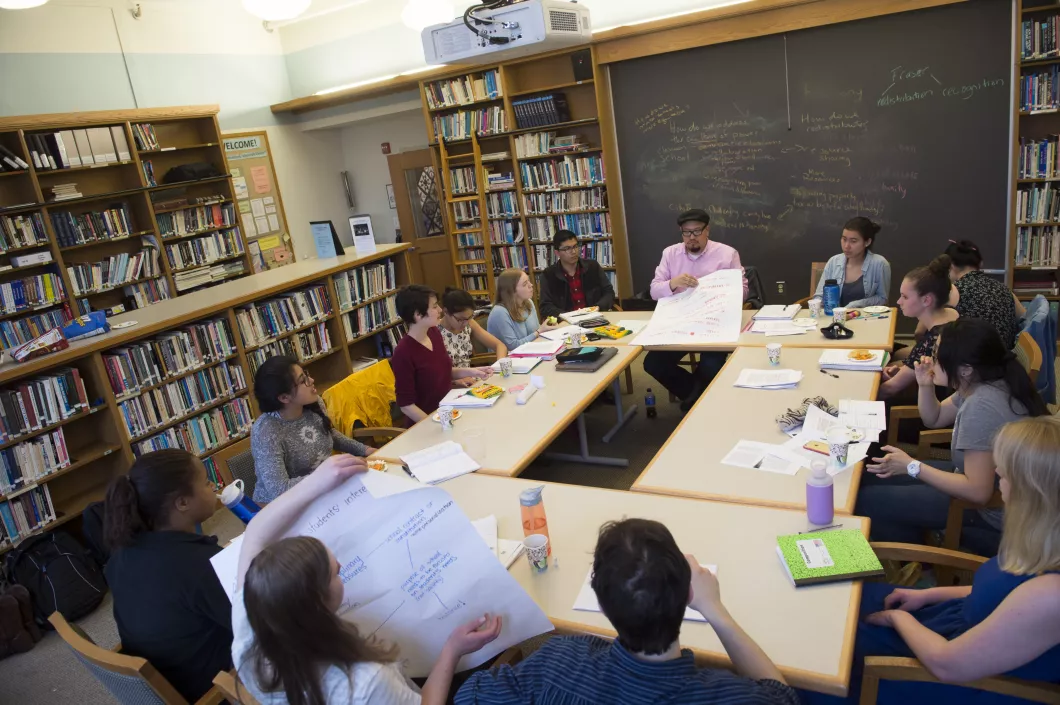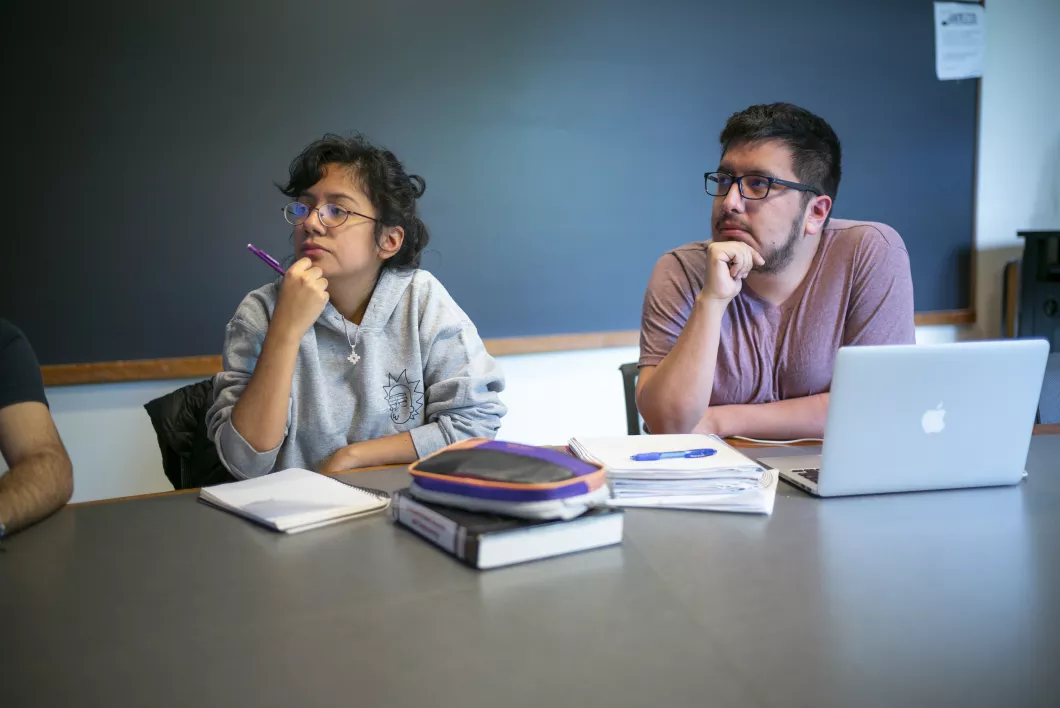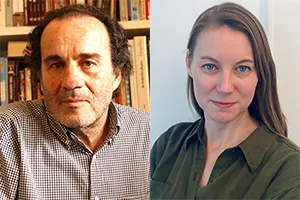Swarthmore's Latin American and Latino Studies Program introduces students to the shared history and the rich diversity of Latin American societies, cultures and nation-states, as well as with the transnational dynamics that shape Latino, Latina and Latinx experiences in the United States. Students in the program draw on a variety of disciplines for a fuller understanding of how to conceptualize “Latin America” and “latinidad” in all their complexity. Spoken language, literature and visual culture; pre-colonial, colonial, and modern history; indigenous, immigrant, and diasporic experiences; political and economic systems and social movements; religion, spirituality and other forms of devotion; and socioeconomic conditions and cultural identities all figure into this far-ranging and broadly inclusive course of study. Courses in Art History, Educational Studies, History, Peace and Conflict Studies, Political Science, Sociology & Anthropology, Religion, and Spanish contribute to this exciting interdisciplinary program.
Students may pursue a course major, course minor, Honors major, or Honors minor in Latin American and Latino Studies. Studying beyond the traditional classroom walls provides students with invaluable opportunities for enriching intellectual experiences and personal growth. Most students spend at least one semester abroad in Latin America. For students who are unable to study abroad, an immersive internship engaging a Latinx community in the United States offers another way to pursue comparable opportunities.







